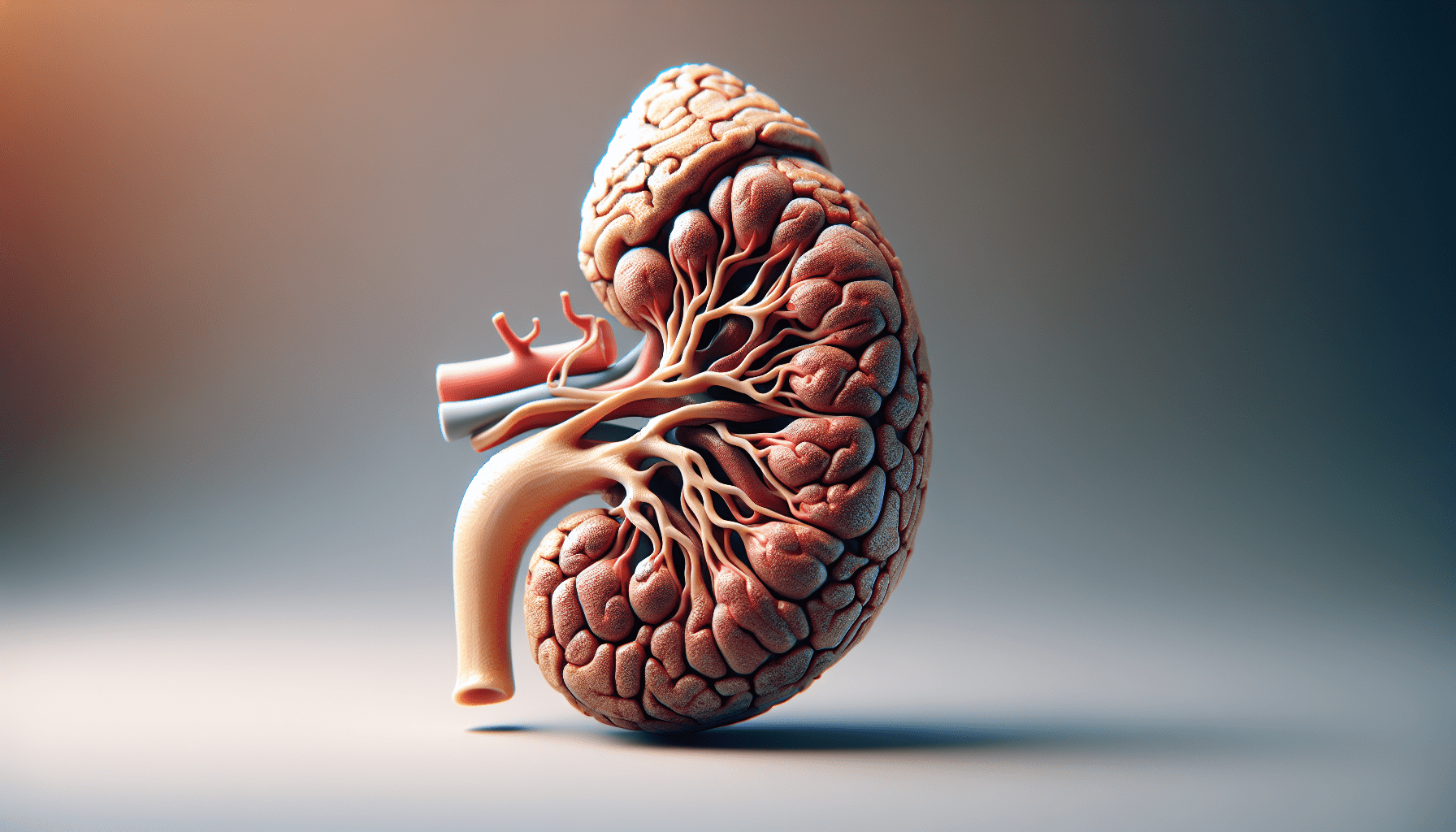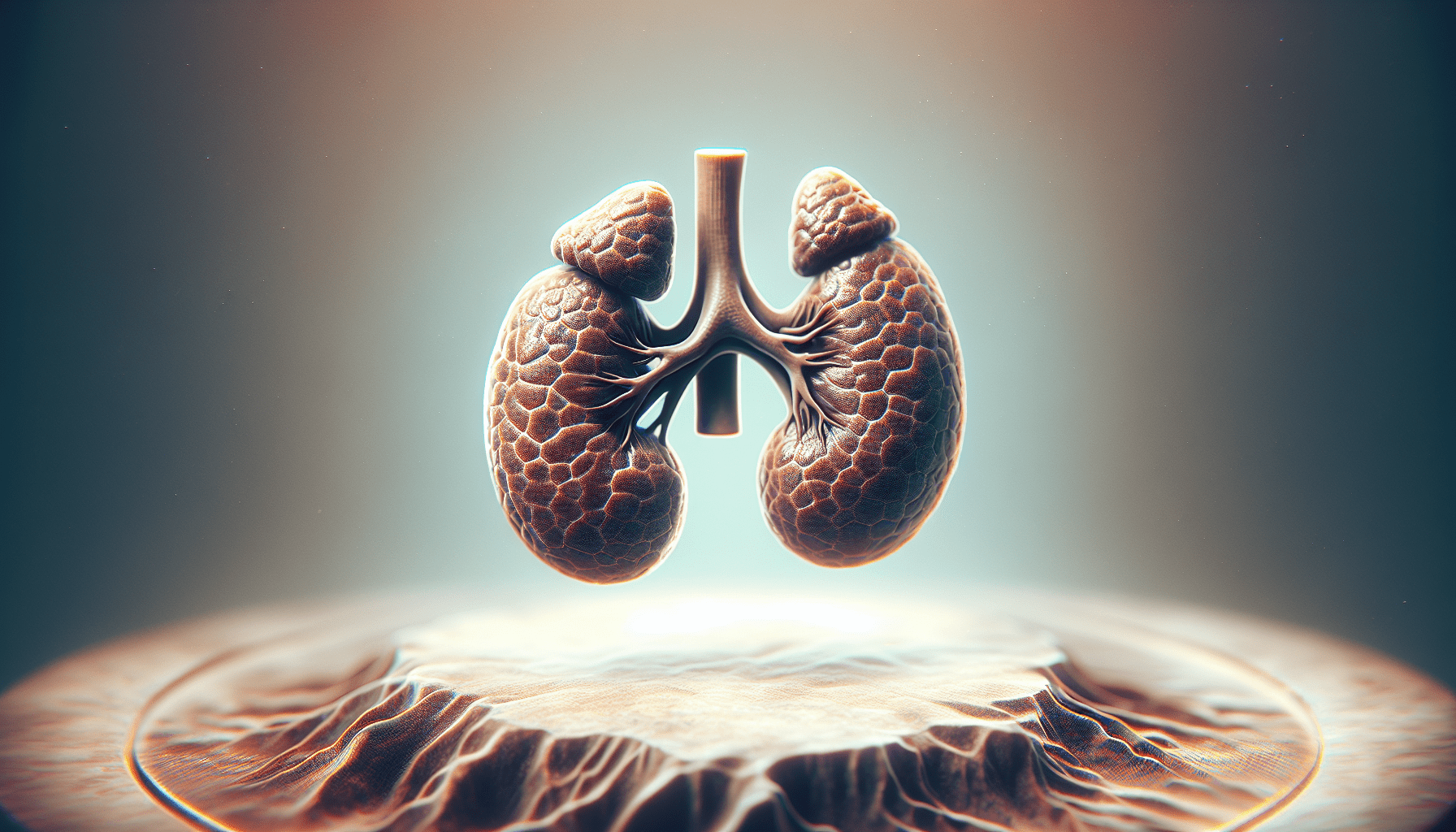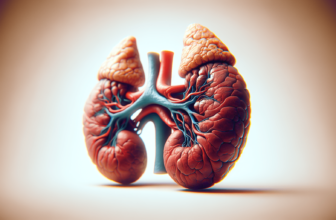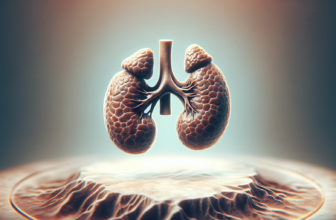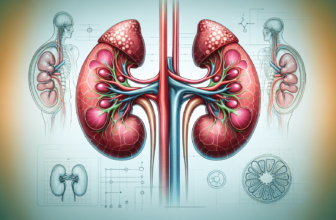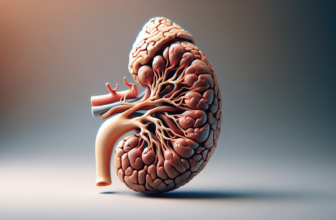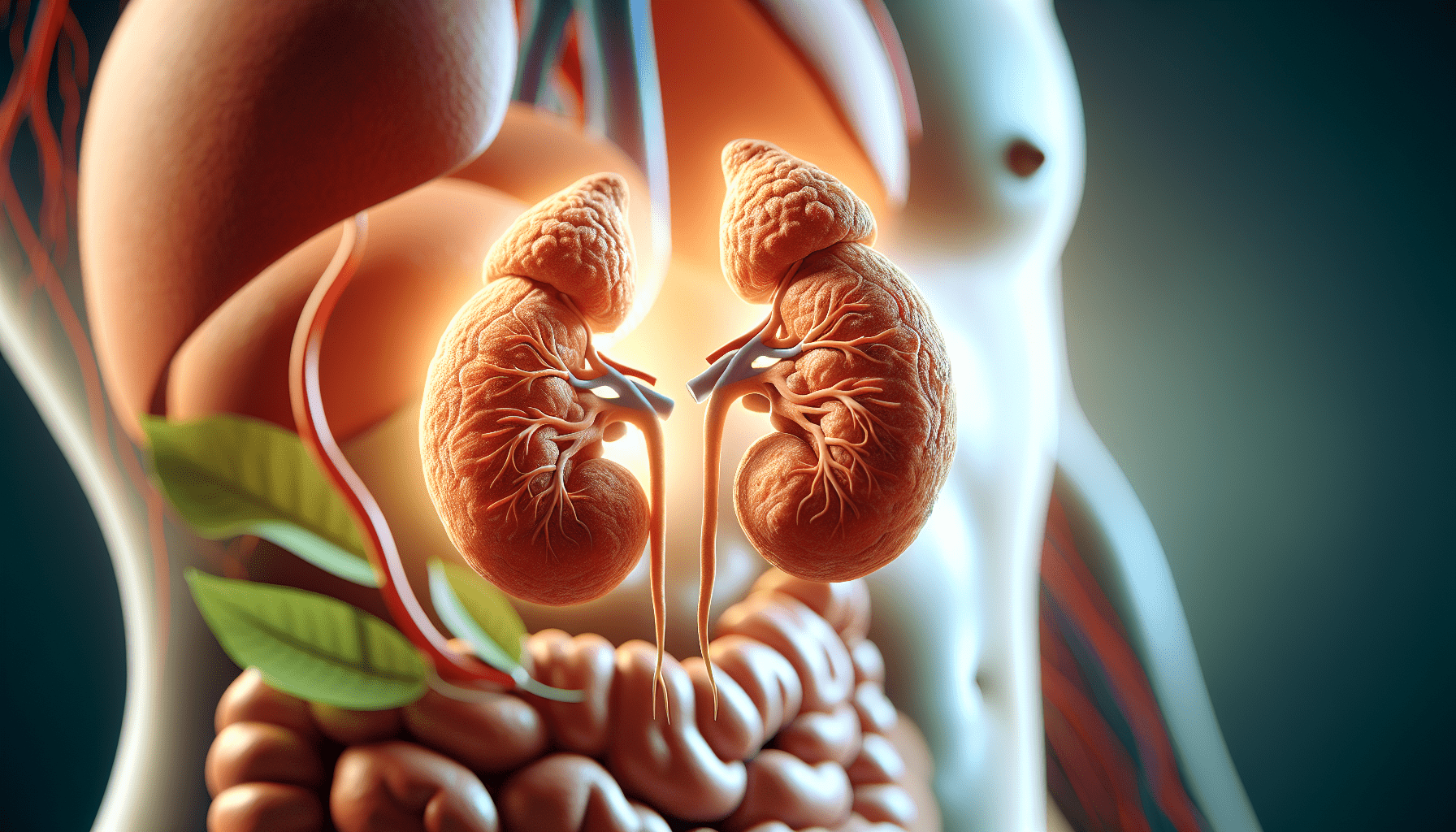
Have you ever wondered how your body responds to stress and maintains balance even in challenging situations? The answer largely lies within the adrenal glands and the hormones they produce.

Understanding Adrenal Glands
The adrenal glands are small, triangular-shaped glands located on top of each kidney. Despite their small size, they play a huge role in your body’s overall health by producing essential hormones that regulate various functions. Let’s break it down further.
Anatomy of the Adrenal Glands
Each adrenal gland consists of two main parts: the adrenal cortex and the adrenal medulla. Each part has specific roles in hormone production, contributing to how your body responds to stress and regulates metabolism, immune response, and other vital functions. Understanding these parts is critical for grasping how the adrenal glands work.
-
Adrenal Cortex: This outer layer is responsible for producing corticosteroids, including cortisol, aldosterone, and androgens. These hormones are vital for maintaining various bodily functions, especially during times of stress.
-
Adrenal Medulla: The inner part of the adrenal gland produces catecholamines, mainly adrenaline (epinephrine) and norepinephrine. These hormones are crucial in the body’s fight-or-flight response, preparing you to respond to perceived threats.
Hormones Produced by the Adrenal Glands
Understanding the different hormones produced by the adrenal glands is essential for recognizing how they affect your overall well-being. Here’s a closer look at each hormone and its function.
Cortisol
Cortisol is often referred to as the “stress hormone.” Its production increases in response to stress and helps your body manage stressful situations effectively.
Functions of Cortisol
-
Stress Response: When you encounter stressors, whether physical or emotional, cortisol levels surge to help mobilize energy and resources.
-
Metabolism Regulation: Cortisol plays a significant role in metabolizing proteins, fats, and carbohydrates, ensuring your body has the energy it needs.
-
Immune Response: While it supports the immune system during acute stress, high cortisol levels over a prolonged period can suppress immune function, making you more susceptible to illness.
Regulation of Cortisol
Your body uses a feedback system to regulate cortisol production. The hypothalamus releases corticotropin-releasing hormone (CRH), which stimulates the pituitary gland to produce adrenocorticotropic hormone (ACTH). This, in turn, tells the adrenal cortex to produce cortisol. If cortisol levels are sufficient, they signal the system to decrease production.
Aldosterone
Aldosterone is a mineralocorticoid hormone that helps regulate your body’s salt and water balance. It plays a vital role in maintaining blood pressure and overall fluid balance.
Functions of Aldosterone
-
Sodium Retention: Aldosterone prompts the kidneys to absorb more sodium into the bloodstream, helping to retain water and maintain blood volume.
-
Potassium Excretion: In contrast, it encourages the kidneys to excrete potassium, maintaining proper electrolyte levels in your body.
-
Blood Pressure Regulation: By regulating sodium and fluid balance, aldosterone indirectly helps maintain stable blood pressure.
Regulation of Aldosterone
Aldosterone production is regulated by the renin-angiotensin-aldosterone system (RAAS). When blood pressure drops, the kidneys release renin, which leads to a series of reactions that result in increased aldosterone secretion.
Adrenal Androgens
The adrenal glands also produce androgens, which are male hormones that are present in both men and women. Two key adrenal androgens include dehydroepiandrosterone (DHEA) and androstenedione.
Functions of Adrenal Androgens
-
Sex Drive: Adrenal androgens support libido and overall sexual health in both men and women.
-
Hormonal Balance: They serve as precursors for more potent sex hormones, including testosterone and estrogen, thus playing a significant role in hormonal balance.
-
Bone Health: Adequate levels of androgens contribute to bone density, promoting overall skeletal health.
Catecholamines
Catecholamines such as adrenaline and norepinephrine are produced by the adrenal medulla. They prepare your body for quick responses during stressful situations.
Functions of Catecholamines
-
Fight-or-Flight Response: These hormones quickly prepare your body to react to danger by increasing heart rate, blood flow, and energy production.
-
Increased Alertness: Norepinephrine heightens alertness and readiness, allowing for faster reaction times.
-
Respiratory Rate: Catecholamines increase respiratory rate, ensuring your muscles receive enough oxygen when you need it most.
Hormonal Imbalances and Their Effects
When there’s an imbalance in the hormones produced by the adrenal glands, it can lead to various health issues. Understanding these conditions helps in recognizing potential signs and symptoms.
Hypercortisolism (Cushing’s Syndrome)
When cortisol levels are excessively high, it can lead to Cushing’s syndrome. Symptoms may include:
- Weight gain, particularly around the abdomen and face
- Skin changes, such as easy bruising and purple stretch marks
- Mood swings and anxiety
Adrenal Insufficiency (Addison’s Disease)
This condition is characterized by insufficient cortisol and sometimes aldosterone production. Symptoms may include:
- Chronic fatigue and weakness
- Weight loss and decreased appetite
- Low blood pressure and fainting
Conn’s Syndrome
This condition results from excessive aldosterone production, leading to high blood pressure and low potassium levels. Symptoms may include:
- Muscle weakness
- Frequent urination
- Headaches
Factors Affecting Adrenal Function
Understanding the factors that can influence adrenal gland function is crucial for maintaining hormonal balance.
Chronic Stress
Consistent stress can lead to prolonged cortisol production, resulting in fatigue and burnout. Managing stress through relaxation techniques, exercise, and mindfulness can significantly improve adrenal health.
Nutrition
Your diet plays a vital role in hormonal balance. A well-rounded diet rich in vitamins and minerals, particularly those that support adrenal function like vitamin C, B vitamins, and magnesium, can promote optimal hormone production.
Sleep Patterns
Quality sleep is essential for hormone regulation. Sleep deprivation can lead to dysregulation of cortisol and other hormones. Prioritizing good sleep hygiene will help your adrenal glands function more effectively.
Exercise
Regular physical activity can enhance adrenal health by supporting cortisol balance and promoting a healthy metabolism. However, excessive exercise without proper recovery can place additional stress on the adrenal glands.
Testing for Adrenal Function
Monitoring adrenal health is vital, particularly if you suspect an imbalance. Healthcare professionals can carry out various tests for an accurate assessment.
Blood Tests
Blood tests can measure levels of cortisol and other hormones at different times of the day, as levels can fluctuate. This helps determine whether there’s an overproduction or underproduction of these hormones.
Salivary Tests
Salivary testing for cortisol provides a non-invasive method to assess hormone levels. Salivary cortisol can indicate how your body responds to stress throughout the day.
24-Hour Urinary Free Cortisol Test
This test measures cortisol levels in urine over 24 hours, providing a comprehensive picture of your body’s cortisol production.
Supporting Your Adrenal Health
Incorporating specific lifestyle adjustments can nurture your adrenal health and help maintain hormonal balance.
Stress Management Techniques
-
Mindfulness and Meditation: Practicing mindfulness can help reduce stress and lower cortisol levels. Consider setting aside a few minutes daily for meditation or deep-breathing exercises.
-
Yoga and Tai Chi: These practices promote relaxation, reduce stress, and can contribute positively to your adrenal health.
Balanced Nutrition
Making dietary choices that nourish your body is crucial for maintaining hormonal balance. Consider the following:
-
Whole Foods: Focus on whole grains, lean proteins, healthy fats, and plenty of fruits and vegetables.
-
Hydration: Staying hydrated helps maintain fluid balance and supports kidney function, indirectly benefiting adrenal health.
-
Limiting Stimulants: Reducing caffeine and sugar intake can help regulate cortisol levels, particularly if stress levels are high.
Adequate Rest and Recovery
Prioritize sleep and recovery to promote balance in adrenal function:
-
Sleep Schedule: Aim for 7-9 hours of quality sleep per night and try to go to bed and wake up at the same time every day.
-
Rest Days: Incorporate rest days into your exercise routine to enable your body to recover and minimize stress on your adrenal glands.
Seek Professional Guidance
If you suspect an adrenal hormone imbalance, it’s wise to consult a healthcare professional. They can provide tailored guidance and might suggest hormone replacement therapy or other treatments depending on your specific needs.
Conclusion
Your adrenal glands, though small, play a significant role in your overall well-being through the hormones they produce. By understanding these hormones and their functions, you can take proactive steps to support your adrenal health, manage stress, and maintain hormonal balance. Implementing stress management techniques, ensuring adequate nutrition, and prioritizing rest can greatly improve your body’s ability to handle life’s challenges. If you ever feel that something is off, don’t hesitate to reach out to a healthcare provider. Your health journey is important, and understanding your body’s functions is a key part of it. Stay informed and empowered!

